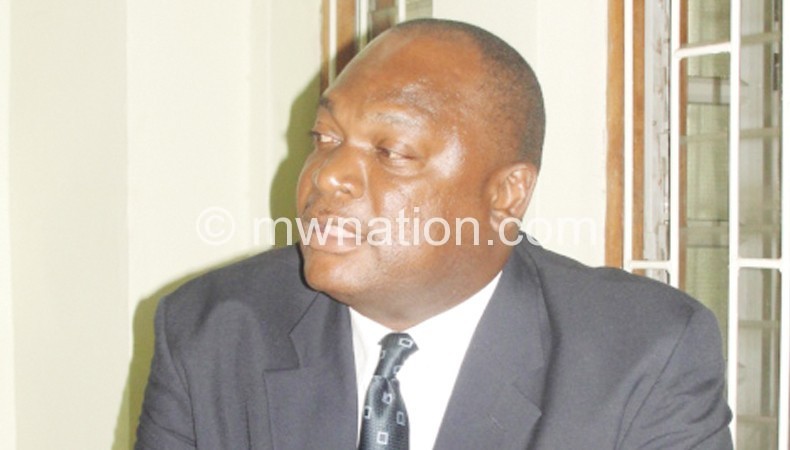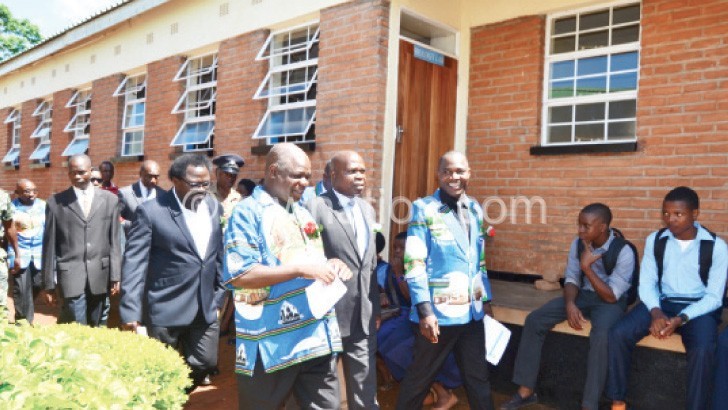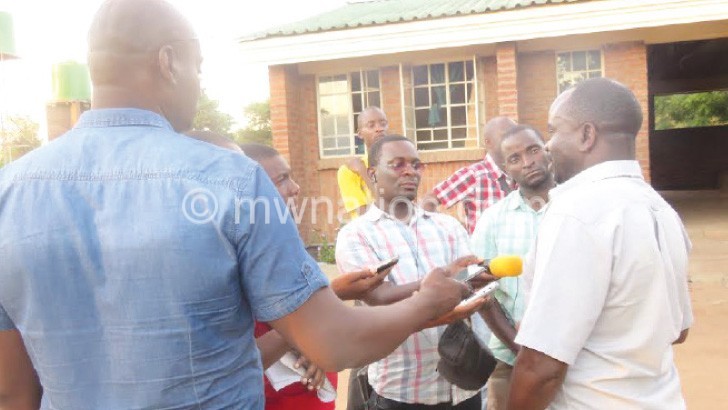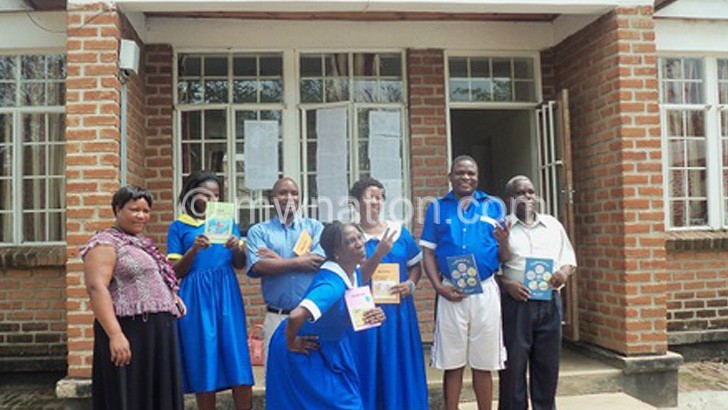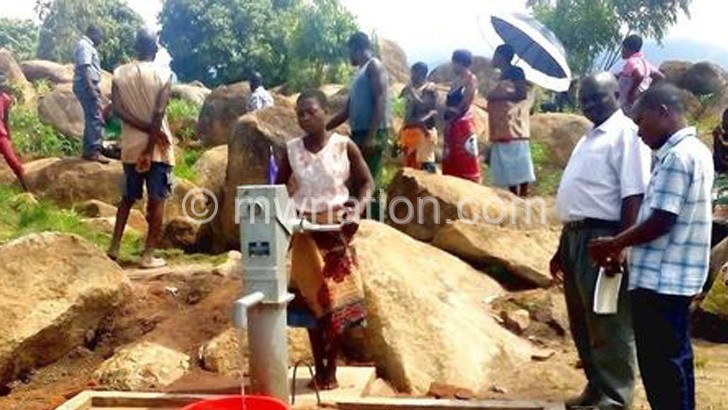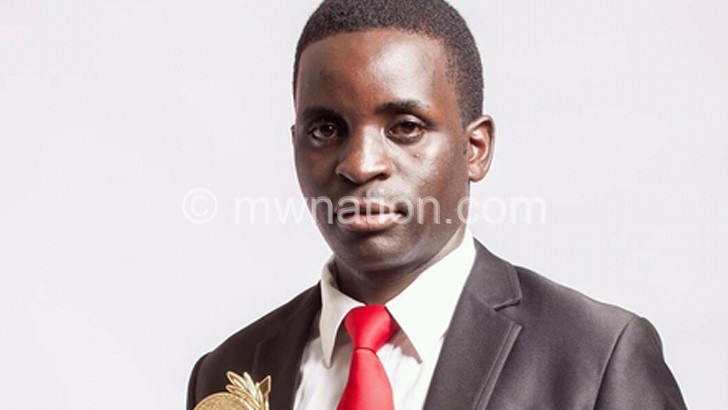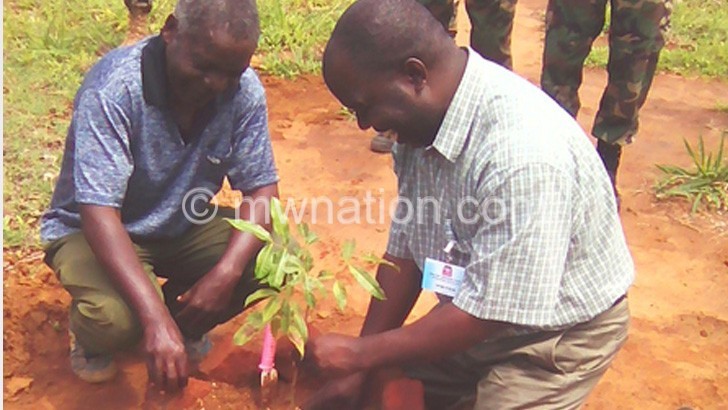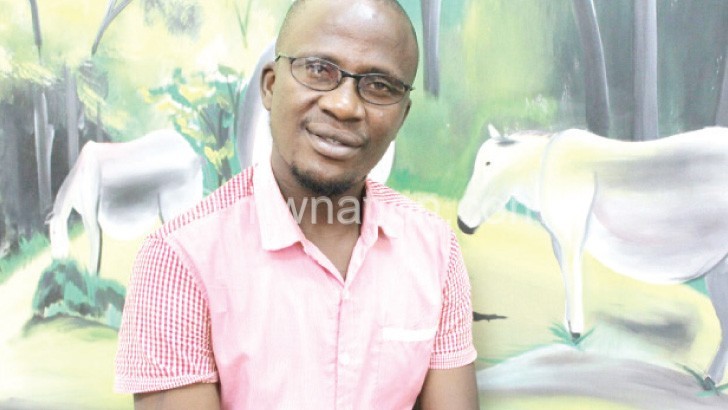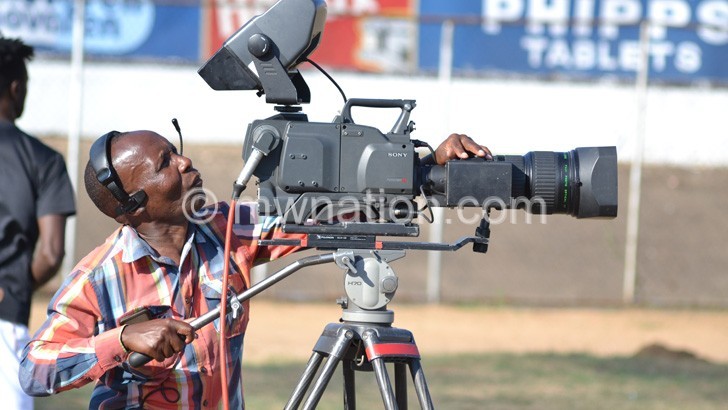In 1929 there was a gigantic stock market crash in New York which was followed by the Great Depression. All over the capitalist world, business collapsed and unemployment reached double digit percentage rates. It looked as if doomsday for the capitalist system had come to roost.
Two men took steps to reprieve the capitalist system by modifying it. President Franklin D. Roosevelt of the United States in 1933 launched what is known as the New Deal. He was receptive to the new ideas about how to create employment and bring about economic recovery. Extensive government employment was made available through the massive Works Project Administration. Farmers were assisted through the Agriculture Adjustment (AG). He established old age insurance and unemployment compensation.
In 1936, John Maynard Keynes already a famous author of the Economic Consequences of the Peace published the General Theory of Employment, Interest and Money in which he advocated the use of fiscal and monetary policies to revive an economy in depression. Both Roosevelt’s programme and Keynes macro-economic saved the capitalist system by modifying it. People realised that full employment and industry revival could be achieved without resorting to outright socialism, let alone communism with the regimentation that they entail.
Not everybody was convinced that Roosevelt and Keynes have reprieved the fate of capitalism. In 1942, Joseph Schumpeter author of Capitalism, Socialism and Democracy when asked if he saw a future for capitalism said emphatically “No”. Dr W.B Dubois, father of pan-Africanism while resident in Ghana gave an address advising the emerging African nations to embrace socialism as he saw no future for capitalism. He was himself a communist.
We of today know that the fate which was predicted for capitalism has actually visited socialism and communism. But capitalism as it operates at present in advanced countries does not mean to be a panacea. The once all-conquered Japanese management system has for more than a decade been unable to pull out the economy from stagnation. While economic theory would point out that high interest rates and inflation are inimical to economic growth, very low interest rates and inflation are failing to make developed countries’ economies grow at more than two percent annually. What must be introduced to make these economies grow higher?
Whatever system we choose we will have to abide by certain truths. Nothing happens without work, the harder we work, the more we are likely to produce. The more we produce, the more we can share. We must become producers before consumers.
Whichever system we choose, socialism or capitalism, it will have to fit our social system or culture. Every developed countries we see capitalism operating mutatis mutandis. In Japan, the State and the private sector have always been closer to each other than in Europe and North America.
Capitalism acknowledges the unpalatable fact that the average person places self-interest above interest. Where he is compelled to subordinate his interest to other interest, his zeal and loyalty will sooner than later wane if not wilt. Socialism and communism by attempting to outlaw the lure of profit that is found in private business stifled people’s zeal for hard work. That is why these economies underperformed.
In an ideal State, all able people should be working at least eight hours a day. Though this is said, it reminds me of the retort a Swahili man made in Dar es Salaam when late Julius Nyerere shouted the party slogan Uhuru na kazi, freedom and work. He asked lakini kazi iko wapi? But when is work?
Someone or something must create jobs for people or some people must create jobs for themselves. Many people are not busy because they are unemployed and they do not know what they can do for themselves. Among us, we need people who can think out fresh ideas about achieving social and economic progress what we sometimes call 10 years experience is only one year’s experience repeated 10 limits over three days innovations is more important than experience. We have to keep on trying to cope with changing times. This entails being better organised for challenges.
Capitalism gives opportunity for self-help. The tendency for society is to divide people into the privileged and the under privileged resulting in haves and have nots. In an economic system where the State is the sole source of livelihoods, some people are perpetually at a disadvantage because they are remote from the seal of power. Those who are within are constantly trying to key the door narrow to deter others coming.
We know from history that minority communities through self-help have prospered even in societies where they were discriminated against or disliked. Minorities may be kept out of public service appointment, but they may prosper if there is freedom to work for oneself in the private sector.
Whatever economic system we choose, it must provide opportunity for self-help and self-reliance. n


